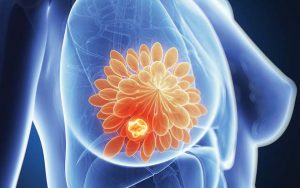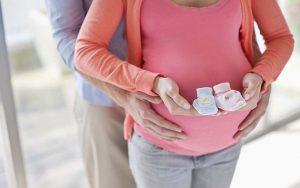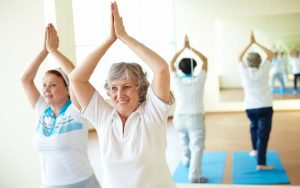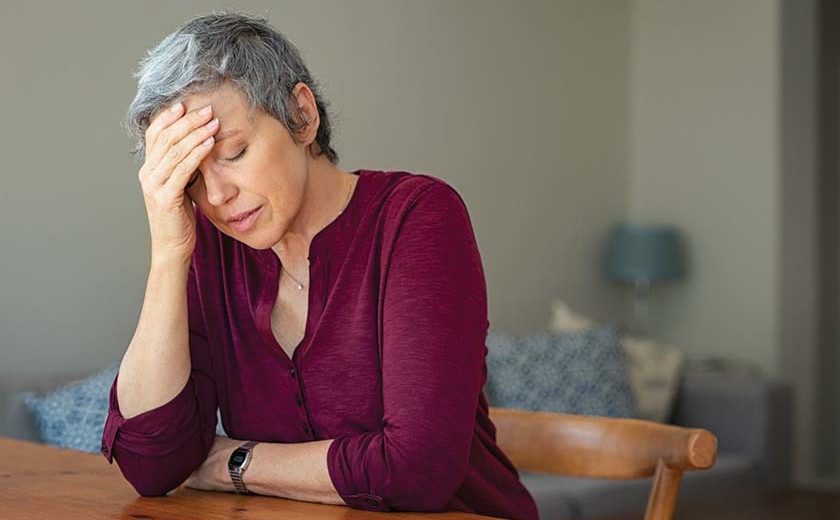Women undergo many more changes with age compared to men, partly due to reproductive organs, unique hormones and of course, breast issues. To minimise health damage that comes with age, it will be great to know more about what awaits us and what we can do to prevent them.
HEART DISEASE
This is the leading killer of both men and women in Malaysia, accountable for about one third of all deaths. The common symptoms of heart disease are may not even be as obvious as you’d think, so do pay heed. They are pain or numbness in the chest, back, shoulder, arm or jaw; shortness of breast with little or without exertion, dizziness, palpitation and even nausea.
How to avoid it:
Modify your risk factors by choosing a healthy lifestyle which includes:
- A healthy balanced diet
- No smoking
- Get regular exercise (aim for at least 30 minutes of moderate-intensity activity e.g. brisk walking at least 5 days a week)
- Manage your stress level well

BREAST CANCER
Breast cancer is the No.1 cancer killer for women in Malaysia, accounting for about 14.5% of women’s deaths. Risk factors for breast cancer include the increasing of age, positive family history of breast cancer/ genes, past exposure to radiation, prolonged usage of hormonal replacement therapy and oral contraceptive pills, obesity, alcohol intake, diets high in saturated fat and lack of exercise.
The symptoms of breast cancer include hard lump/lumps, change in the size or shape of a breast, skin dimpling, nipple turning in (becoming inverted), blood stained nipple discharge and abnormal rash around the nipple areola region
How to avoid or minimise this risk:
It is widely recommended that women have a mammogram screening at 40 years old and above, or earlier if there is high risk such as family history . Eat a healthy, balanced diet and strive to be more physically active. Needless to say, smoking is a no-no, and it would also be good to have limitations on alcohol intake. New moms should breastfeed their babies for at least two years, more if possible.
MENOPAUSAL SYMPTOMS
The menopause is a normal part of life; it is not a disease or a condition. Even though it is the time of the woman’s last period, symptoms may begin many years earlier. The most common symptoms are hot flushes and night sweats. Some women may also experience insomnia, incontinence and changes to their mood and sex drive.
How to handle the changes during this period in your life:
- Unless symptoms are severe, changes in lifestyle and diet might be all that is needed to deal with the symptoms
- Hot flushes and night sweats usually improve with regular exercise.
- Sleep disturbance can be helped by going to bed and get up at the same time each day, cutting out caffeine and learning up on relaxation techniques
- Vaginal discomfort and dryness improves with vaginal lubricants and maintaining sexually active
OBESITY
Women with a higher degree of abdominal obesity are especially susceptible to type 2 diabetes, and diabetic women have disproportionately higher relative risk of coronary heart disease. Monitoring changes in waist circumference over time can provide an estimate of changes in abdominal fat even in the absence of changes in weight. Women are at increased disease risk if they have a waist circumference > 35 inches (88 cm)
Ways to take care of this:
- Body weight is primarily determined by the critical balance between energy intake and energy expenditure, an obese person’s energy balance over 24 hours has to be negative in order to lose weight. This can be achieved by decreasing total energy intake or increasing physical activity or both.
- Diet and lifestyle modification is widely considered the primary means to control weight. It is also the most important approach for diabetes prevention

REPRODUCTIVE & MATERNAL HEALTH
Fertility and pregnancy health are extremely important for women who wish to become mothers. Many women experience difficulty in conceiving and pregnancy related complications, which are distressing. Fertility in women decreases with advancing age.
How to avoid health issues in this arena:
- Seek professional medical help early.
- In order to identify the problem, fertility testing (husband and wife) may be needed before suitable fertility treatment is advised.
- Preconception counselling and health education are also important. Women who have health issues in this area should also communicate closely with their healthcare provider regarding details such as birthing plans and also personalize care to fit their individual needs.

OSTEOPOROSIS
Nearly 70% of osteoporosis sufferers are women. You are never too young or old to take care of your bones. Good lifestyle habits can help you protect your bones and decrease your chance of getting osteoporosis.
How to avoid it:
- Get enough calcium and vitamin D, and eat a well-balanced diet.
- Exercise regularly
- Don’t smoke or drink alcoholic drinks
Dr Tan Gie Hooi
Consultant Breast & Oncoplastic Surgeon, MBBS (Malaya), MRCS (Edin), MS (Malaya), Breast Surgery Fellowship (Malaya), AM (Mal), Tropicana Medical Centre.


